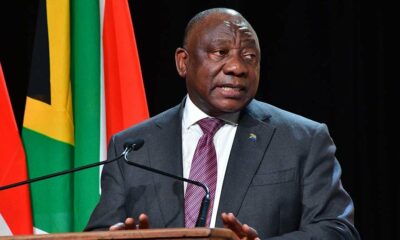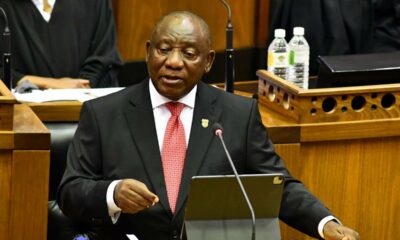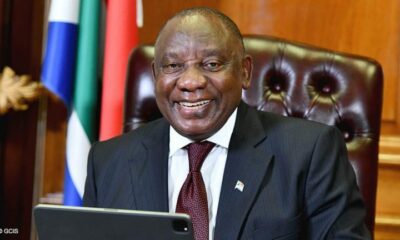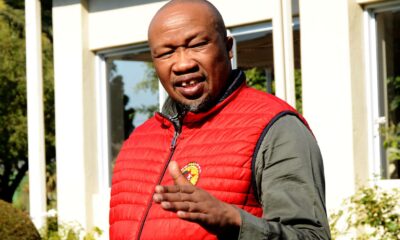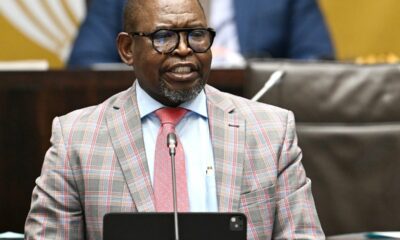News
GNU at One: Hope, Hiccups and High Stakes for South Africa’s Business Future
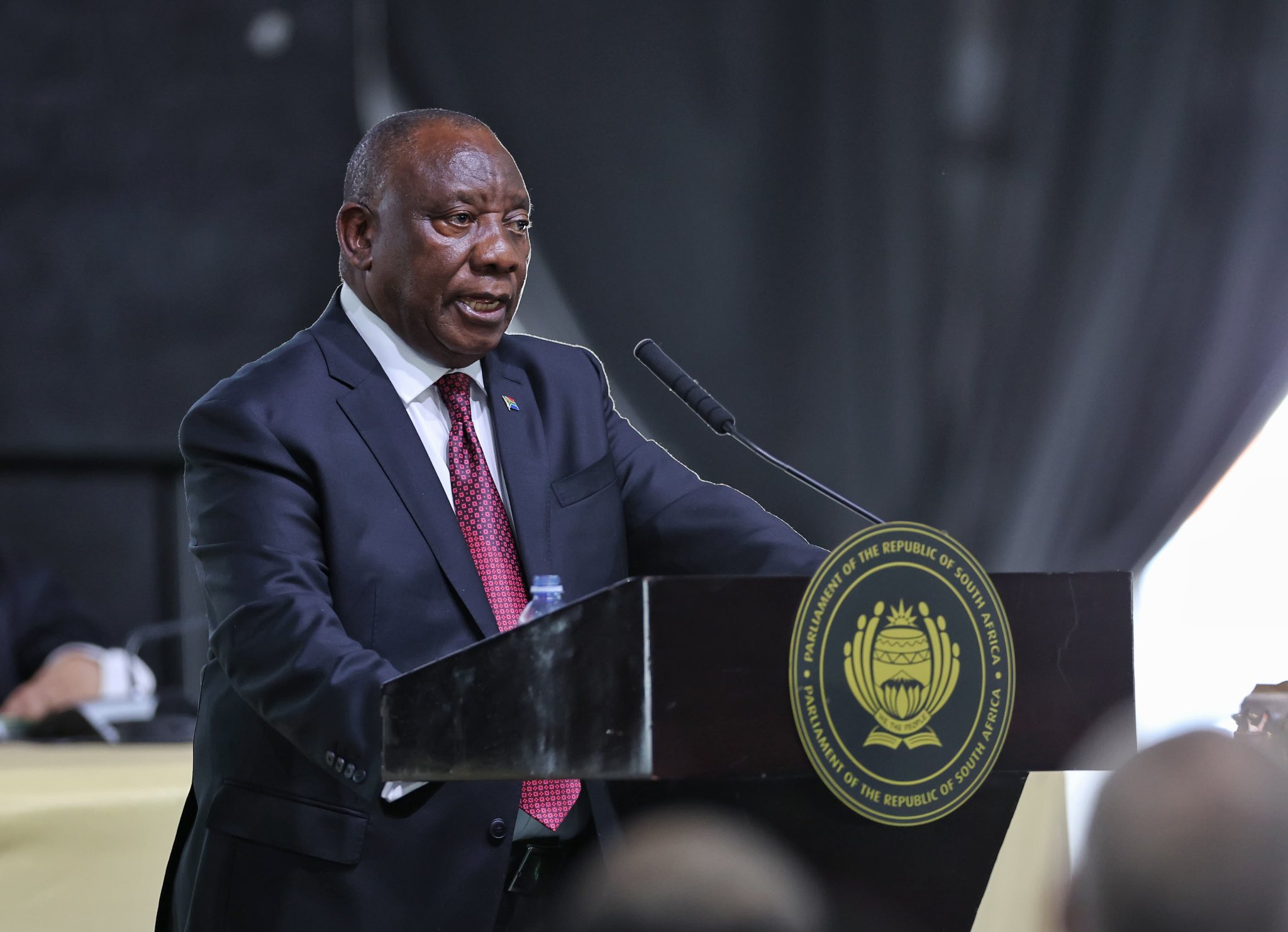
Business leaders call South Africa’s Government of National Unity a political miracle, but warn that internal squabbles may derail the momentum needed to fix the economy.
A year of unlikely collaboration
When South Africa’s 2024 general elections delivered a hung parliament and pushed the ruling African National Congress (ANC) into a coalition with its long-time rival, the Democratic Alliance (DA), few predicted stability. Some feared chaos.
But one year later, business leaders are calling the Government of National Unity (GNU) a “political miracle.” And while the ride hasn’t been smooth, many agree that the GNU has delivered the kind of policy certainty and collaboration the country hasn’t seen in years.
“This is the best and biggest solution for South Africa right now,” says billionaire businessman Christo Wiese, whose retail ventures include Pepkor and Shoprite. “What happened last year was, in many ways, a political miracle.”
That sentiment is echoed by Tiger Brands CEO Tjaart Kruger, who says the GNU has sparked renewed optimism: “There’s enough good leadership in the GNU to, for once, put South Africa first and above party politics. I’m optimistic.”
Signs of renewal, in the boardroom and on the charts
Since the GNU’s formation in mid-2024, investor confidence has shown tangible improvement. The rand has strengthened, the JSE has hit record highs, and South Africa’s bonds are outperforming other emerging markets.
According to Wiese, a 2% economic growth rate in 2025 is within reach something South Africa hasn’t seen since 2013, except for the pandemic rebound in 2021. That optimism is backed by real shifts: reduced load shedding, visa backlogs being cleared, and improving coordination between business and government, especially on urgent issues like port and rail inefficiencies.
But for all the signs of progress, Wiese warns against complacency: “We must not bluff ourselves. Until we become a truly business-friendly country, foreign investment will remain hesitant.”
The growing pains of coalition politics
Despite the positives, internal tensions within the GNU are threatening to undermine its progress. Disagreements over tax increases, spending cuts, and cabinet allocations have already caused delays in critical decisions, including the unified national budget, which was postponed twice.
“There is not yet full buy-in across the political spectrum,” Wiese notes. “Some parties still behave as though the GNU doesn’t exist. You can’t build a coalition while threatening walkouts or holding your partners hostage.”
That sentiment is shared by Busi Mavuso, CEO of Business Unity South Africa (BUSA). While she gives the GNU a “solid B+” for its reform efforts, she is less generous about its political stability.
“The coalition partners haven’t figured out how to disagree constructively,” says Mavuso. “Boycotting national dialogues and threatening walkouts create exactly the kind of instability that rattles investors and delays critical reforms.”
A better relationship with business
One major shift under the GNU has been its approach to working with the private sector. Business leaders say consultations are no longer a tick-box exercise, they’re genuine.
Nomvuyiso Batyi, CEO of the Association of Comms and Technology, points to improved collaboration, particularly with Minister Solly Malatsi in the digital technologies portfolio. “He plays his cards openly and listens to business,” she says. “There’s real interest in hearing our views.”
This kind of engagement, Batyi says, marks a departure from previous governments, where industry concerns often went unheard or were buried in bureaucracy.
What still needs fixing
Despite improved relations, unresolved issues remain. Mavuso is especially concerned about two problem areas:
-
Eskom, where delays in returning power units to service risk undoing the recent load shedding gains
-
Transnet, where port congestion and slow logistics continue to choke the economy’s supply chains
Without serious intervention, these infrastructure setbacks will keep slowing investment, delaying goods, and raising costs across the board.
Kruger of Tiger Brands adds that for South Africa to truly move forward, the GNU must go beyond consultation and focus on delivery, from job creation to restoring law enforcement credibility.
The next 12 months: Make or break
With half a million young people entering the labour market each year, and household costs still climbing, business leaders say the GNU can’t afford to stall.
Mavuso puts it bluntly: “The next twelve months will determine whether the GNU becomes a footnote in political history or the foundation of South Africa’s economic recovery.”
Wiese agrees. “It’s not enough to avoid collapse,” he says. “We must build something new, something stable, inclusive, and attractive to the world.”
One year in, South Africa’s GNU has shown that compromise, while messy, can still move the country forward. The economy is stirring, investor sentiment is shifting, and the doors between government and business are finally opening again.
But the unity part of the GNU is still a work in progress and unless political maturity keeps pace with policy ambition, that “political miracle” may prove to be short-lived.
{Source: The Africa Report}
Follow Joburg ETC on Facebook, Twitter , TikTok and Instagram
For more News in Johannesburg, visit joburgetc.com

